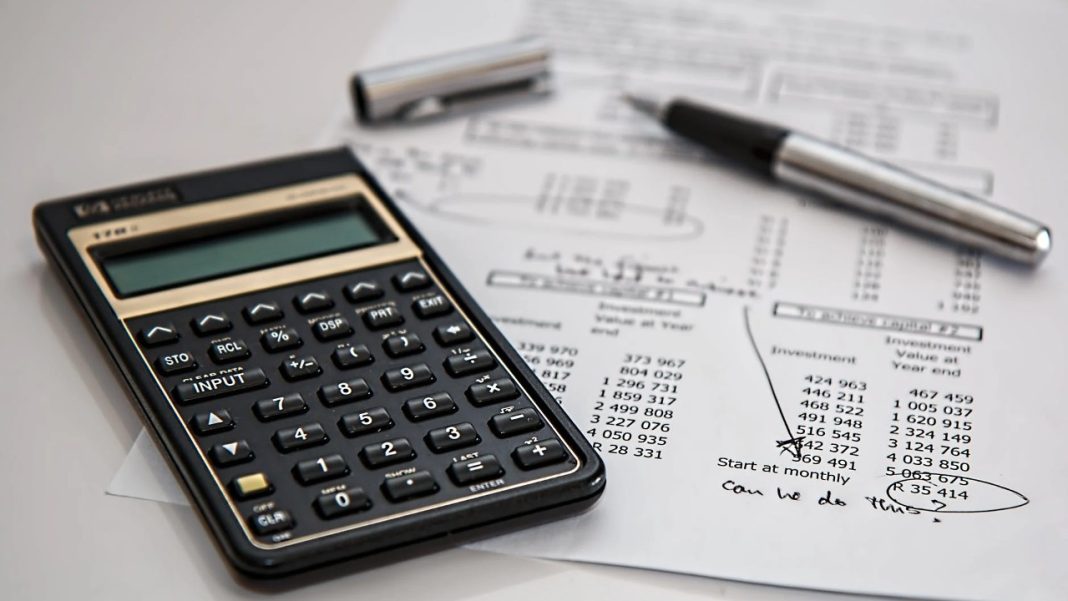Achieving financial freedom hinges on saving and investing money to facilitate passive growth over time. The more you save, the faster you can reach your financial objectives.
This understanding was always clear to me, and I realized the need to bolster my savings to accumulate wealth. After my wife and I tied the knot, it became evident that meticulously monitoring our expenses was essential to save effectively.
Our monthly budgeting proved to be a powerful tool for elevating our financial stability.
What is a Personal Budget?
A personal budget, in essence, is a detailed record of your income and expenses. It offers a clear overview of where your money is allocated each month and whether you are genuinely saving. By keeping tabs on your spending habits, you can identify areas where you can cut back.
At its core, a personal budget is essentially a mathematical equation:
Savings = Income – Fixed Expenses – Variable Expenses
This budget helps ensure that you are indeed saving money every month. By scrutinizing your expenses, you gain insight into areas where you may be overspending.
Given that most bills are monthly, using a monthly frequency to track your budget makes the most sense. It provides the flexibility to make corrections promptly if needed. I also recommend an annual review of your budget to assess progress toward your broader financial goals.
How to Track Your Budget
The first step in crafting your budget is to designate a central location for recording your income and expenses. Using an Excel spreadsheet is an excellent starting point because it can be quickly customized to fit your needs.
List all your income sources, fixed, and variable expenses for the month. Conduct some simple calculations to determine the amount you are saving and the corresponding percentage.
An alternative to creating your own spreadsheet is to use budgeting apps like Personal Capital, which can automatically track your budget, income, expenses, and investments, offering real-time insights into your net worth and monthly budget.
Collect Your Financial Statements
Begin by collecting the necessary financial data for your budget. Compile a list of all your financial accounts and assets, making sure to include both checking and savings accounts and credit card expenses. Don’t forget to include your monthly mortgage or rent payments to create a comprehensive expense picture.
Determine Your Monthly Income
Calculate your monthly take-home income by reviewing your bank statement, factoring in income after taxes and retirement contributions. This figure will represent the maximum amount you can spend in a month.
Be sure to account for any additional income sources apart from your primary job, such as income from side hustles.
Record All Your Fixed Expenses
Delineate your fixed expenses, which remain consistent each month. While some may experience minor fluctuations, common fixed expenses include mortgage or rent, utilities (heating, electricity, water), cell phone bills, internet and cable fees, groceries, car payments, loan payments, and taxes.
Keeping a record of these expenses will provide a clear understanding of your core spending.
Add Your Variable Expenses
Variable expenses are the discretionary, fluctuating expenses for the month. These costs vary and might not consistently appear in your budget. Examples of variable expenses include dining out, entertainment, vacations, purchases like games or gifts.
These are the costs that go beyond essential survival expenses and contribute to a fun and enjoyable life.
Total Your Income and Expenses for the Month
Once you have collected all your financial data in one place, it’s time to add everything up. If you are using a spreadsheet, you should have a section for your total monthly income. Subtract your total monthly expenses from your income.
Ideally, the result should be positive, indicating that you have money left after expenses for saving or investing. A negative number signifies that your expenses exceeded your earnings for the month.
It is advisable to perform this calculation monthly for a year to track budget trends. Occasionally, you might experience months with higher expenses than income, but these should be part of your annual budget plan, prepared for accordingly.
Automate Your Budgeting
To simplify budget tracking, consider automating your expense, savings, and net worth tracking. Apps like Personal Capital can automatically manage these aspects, offering valuable insights into your financial status.
How Much Should I Be Saving?
The amount you save hinges on various factors, including your income, cost of living, entertainment preferences, and short- and long-term financial goals. In general, financial advisors recommend allocating 50% of your income toward fixed expenses, 20% toward savings, and dedicating 30% for variable discretionary spending.
Prioritize paying fixed expenses and saving before considering discretionary expenses. If funds remain, you can choose to allocate them to entertainment or save more.
How to Save Money with a Personal Budget
Saving money boils down to understanding where your funds are spent. There are two avenues to save more: increase your income or reduce expenses. While augmenting income may be challenging and time-consuming, expense reduction is a straightforward strategy to start saving more.
Periodically review your budget to identify areas for expense reduction. Analyze your budget to determine if you are subscribed to multiple TV and movie services, then opt for one and eliminate the others.
For dining out, consider reducing the frequency of restaurant visits. Cut back on expenses that can be curbed without negatively impacting your lifestyle.
Housing costs, whether rent or mortgage payments, are typically the largest fixed expenses. To save more money, contemplate seeking more affordable housing or renting out a spare room.
Savings require shifting priorities and making temporary compromises to free up funds for achieving your financial goals. Although it may not be easy, it’s a worthwhile endeavor when you start seeing progress toward your financial objectives.
By subscribing to our free Couple Wealth membership, you can access and download our budget tracking spreadsheet to streamline your budgeting process.


